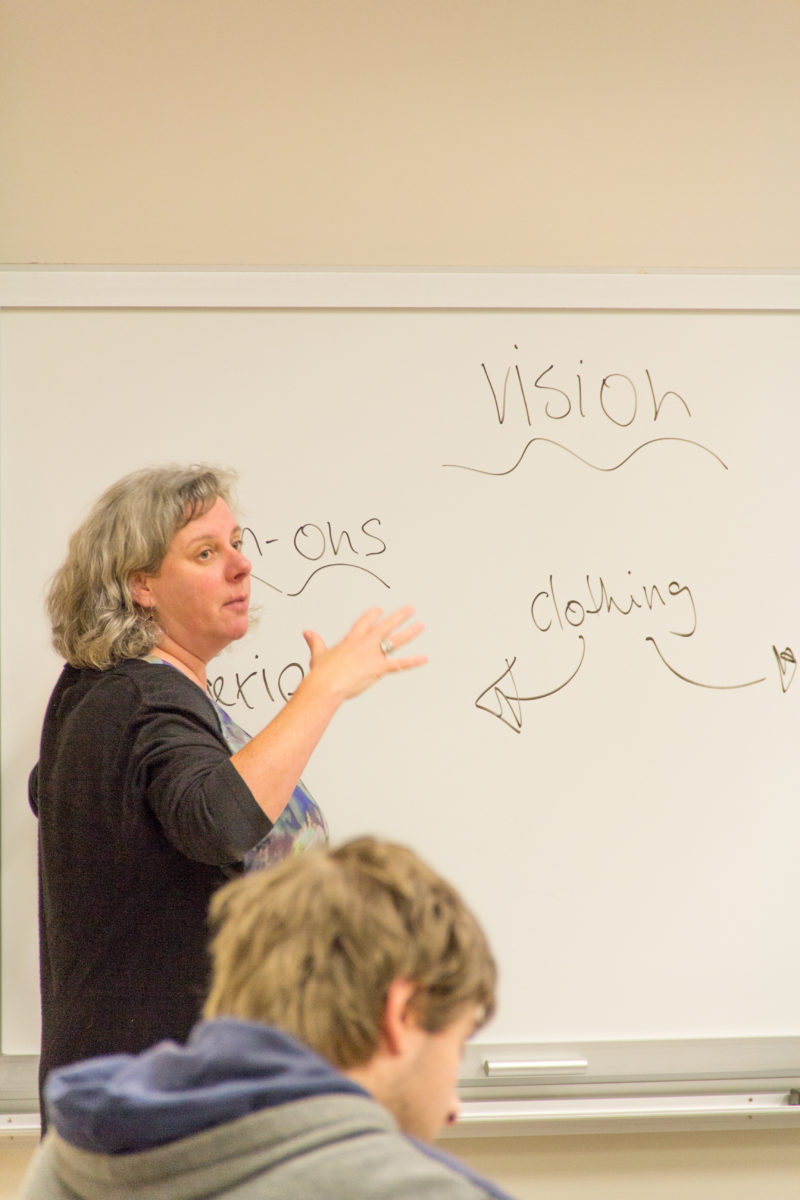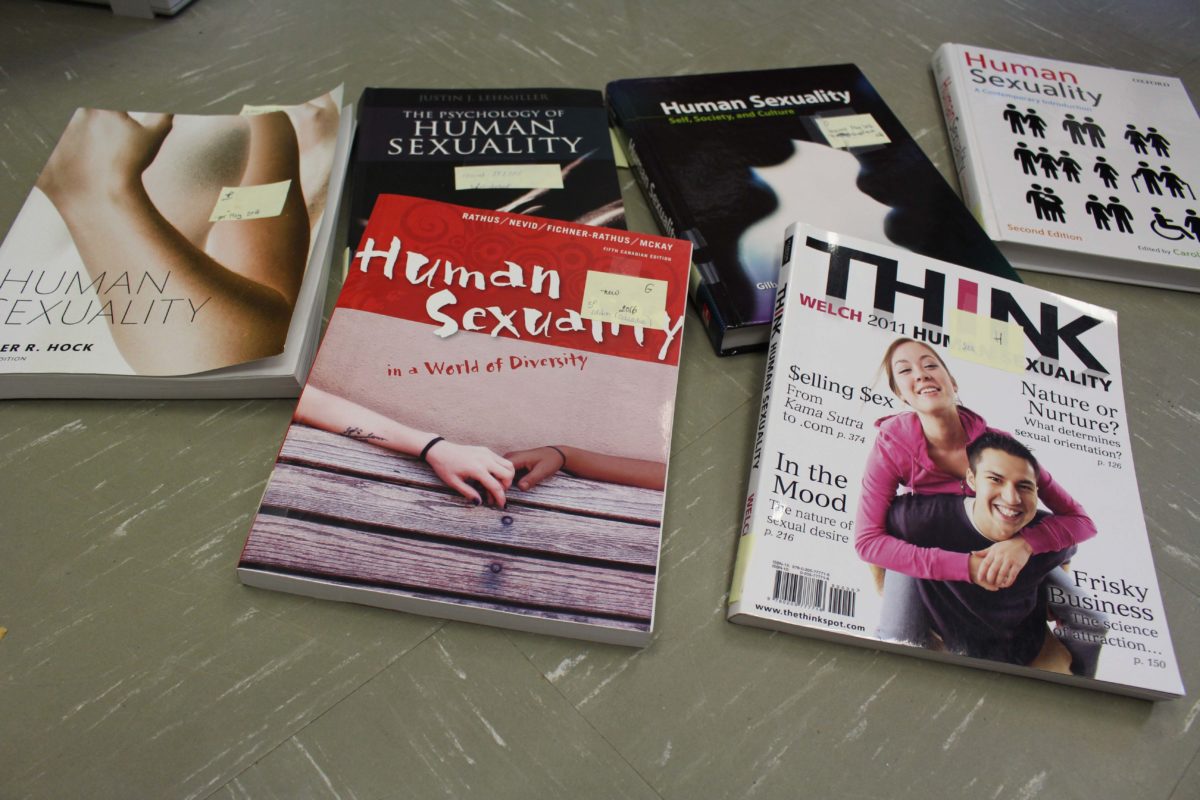A psychology professor at St. Thomas University decided to find out why human sexuality textbooks share only one point of view on human sexuality problems. So, she researched the topic and published an article on it.
Monika Stelzl teaches two courses on human sexuality at STU and sexual problems is one of the topics she covers.
She felt additional information on human sexuality was missing from the textbooks she was using in class.
“I was aware that there are other ways how sexual disorders or problems can be defined,” she said,
“So I wanted to see what other textbooks did.”
The article, “A Narrow View: The Conceptualization of Sexual Problems in Human Sexuality Textbooks”, examines how human sexuality textbooks share only one point of view regarding the subject and don’t include alternate discourses.

Stelzl invited Brittany Stairs and Hannah Anstey, two STU alumni, to collaborate with her.
Stairs’ honours thesis focused on the causes and treatments of sexual disorders. Stelzl and Stairs wrote a chapter together and it got published.
“Her research was the initial step in the project,” Stelzl said.
“In this particular project, we look at how sexual disorders are defined before what causes them or how they can be treated, so it was a natural progression of our cooperation.”
In the textbooks Stelzl used to carry out her research, sexual problems were defined as disorders, when in reality the two words don’t have the same meaning.
“Textbooks are not free of culture, language and power biases,” Stelzl said.
Stelzl believes her research made her more aware of how the language around sexuality is very biological and medically-driven and how alternative models are missing.
“There are other frameworks that exist and they could be taken into account, and they are not typically,” she said.
The article advocates for the inclusiveness of diverse discourses regarding sexual problems.
It also calls authors of human sexuality textbooks to critically reflect on the way they portray sexual problems in textbooks.
“I hope we see these changes happen soon, because there is more research coming out in terms of different ways on how sexuality can be approached,” she said.
She would like to see textbooks cover topics around consent, pleasure versus pain and pathology — topics not typically addressed.
“I think a shift is happening, but I ultimately think it is us who teach and who are learning about sexuality who have to push publishers and people who produce knowledge to include more diversity in these sources.”

